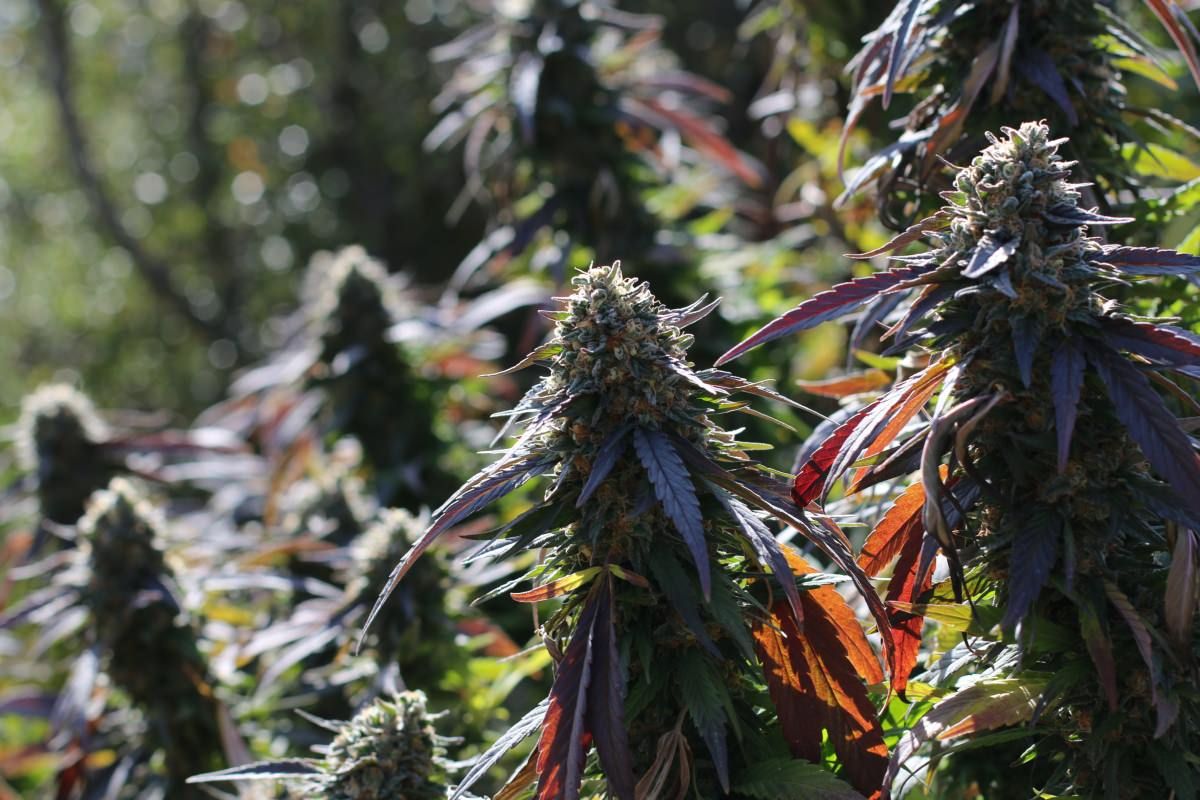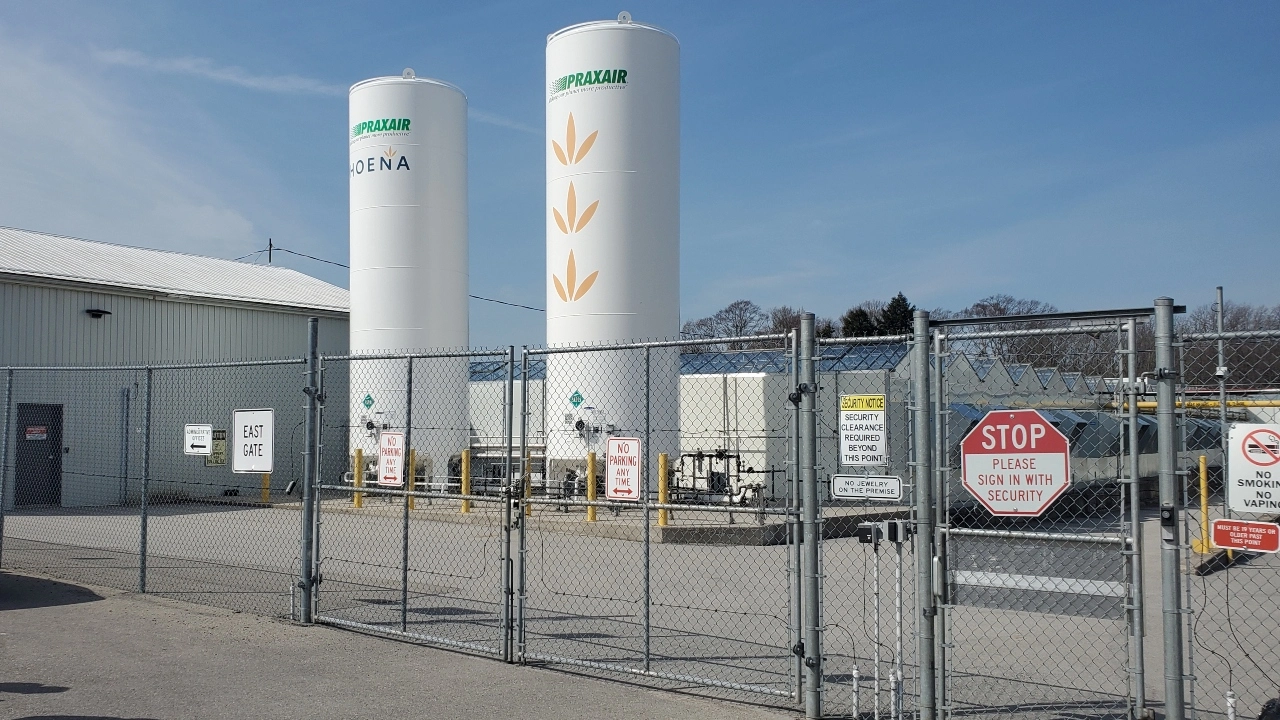Washington state’s cannabis authority has put a handful of marijuana licensees on “administrative hold” as it investigates pesticide contamination in the soil of a specific area of Okanogan County.
The holds apply to cannabis products from five licensees so far, a spokesperson for the Washington State Liquor and Cannabis Board (LCB) told MJBizDaily.
Up to 13 other licensees could be affected by further administrative holds, according to the spokesperson, who noted that a single marijuana business can have more than one license per location.
The regulatory halt affects cannabis companies on “a stretch of former fruit orchards in north-central Washington,” where the pesticide DDT was once used, the Associated Press reported.
The LCB has “identified a pattern of pesticide testing failures that point to product contamination in a specific region of Okanogan County,” the regulator wrote in an April 6 bulletin to marijuana licensees.
Random testing of cannabis from that area found “detectable levels” of dichlorodiphenyldichloroethylene (DDE), a “remnant product” of now-banned DDT.
DDE is not among the 59 pesticides covered by mandatory cannabis testing in Washington, the LCB noted.
The random testing that detected DDE was performed by Washington state’s agriculture department, whose lab can detect 243 pesticides.
“Therefore, (marijuana) licensees may not know the contamination exists unless their location was chosen by the LCB for random testing.”
The LCB said it was “securing and testing on-shelf products from all 18 licensees in the geographical area” and has asked licensees “with DDE tests above actionable limits” to start a recall.
The regulator said the initial administrative holds apply to “licensees in the affected geographic area with above actionable limits of DDE” and that the agency would place “administrative holds on all licensees in the geographic area” if it confirms DDE in the soil.
The LCB plans to issue new pesticide-related rules as well as testing initiatives for the area of concern.
The regulator said marijuana plants are particularly vulnerable to environmental contamination because they “can absorb contaminants such as pesticides and heavy metals to a much higher degree than many other plants. …
“Cannabis that is concentrated into oils may subsequently concentrate any contamination by five to ten-fold.”




